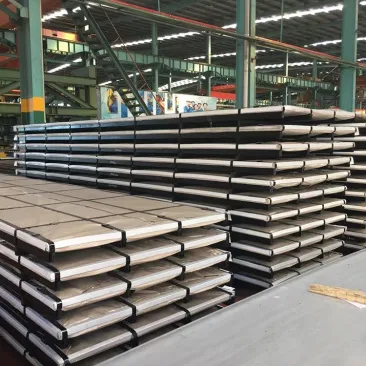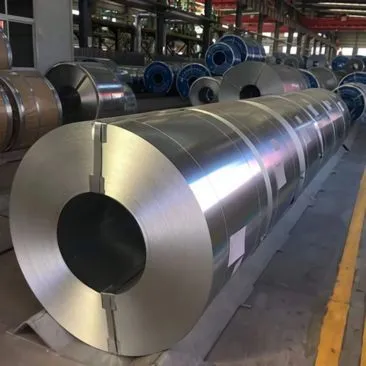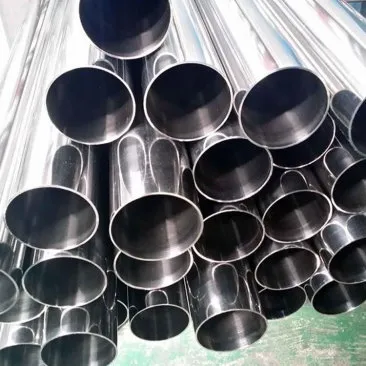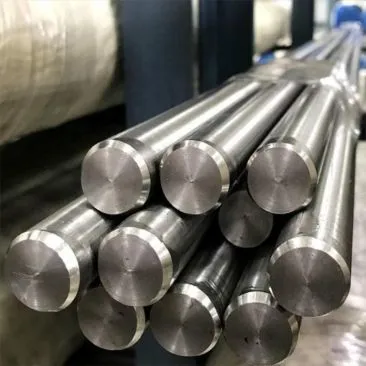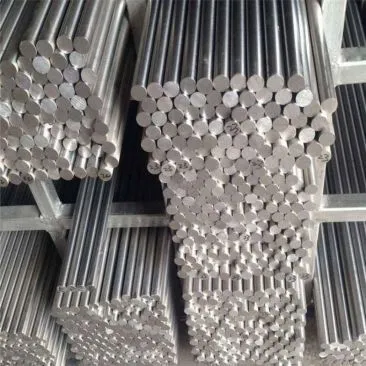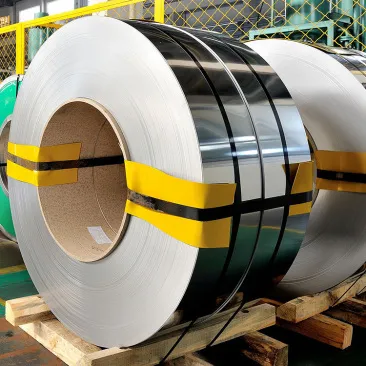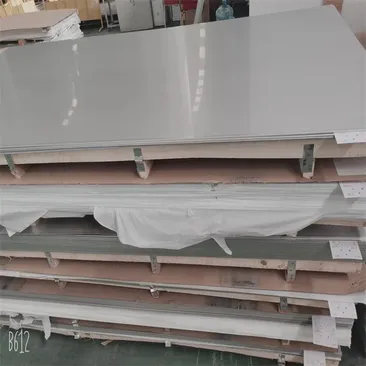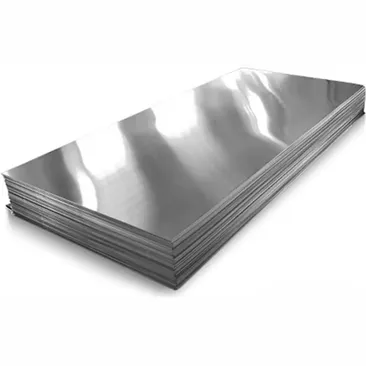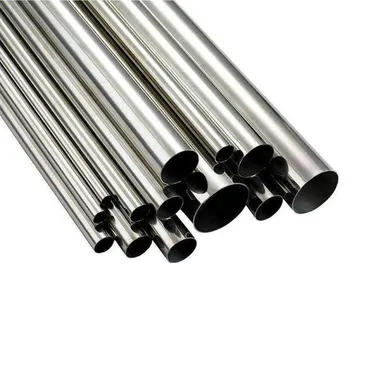316L stainless steel is commonly used in pulp and paper making equipment, heat exchanger, dyeing equipment, film processing equipment, pipes, materials used for the exterior of buildings in coastal areas, as well as watch chains and case of advanced watches.
316L stainless steel coil is commonly used in pulp and paper making equipment, heat exchanger, dyeing equipment, film processing equipment, pipes, materials used for the exterior of buildings in coastal areas, as well as watch chains and case of advanced watches.
316L stainless steel pipe is commonly used in pulp and paper making equipment, heat exchanger, dyeing equipment, film processing equipment, pipes, materials used for the exterior of buildings in coastal areas, as well as watch chains and case of advanced watches.
Stainless steel round bar is a common type of steel, which is widely used in industrial production, machining, construction and other fields.Hastelloy C-276 alloy is one of the few materials that can be used in hot concentrated sulfuric acid solution It is mainly resistant to wet chlorine, various oxidizing chlorides, chloride solutions, sulfuric acid and oxidizing salts, and has good corrosion resistance at low and medium temperatures. Therefore, in the past 30 years, it has been widely used in harsh corrosive environments, such as chemical industry, petrochemical industry, flue gas desulfurization, pulp and paper making, environmental protection and other industrial fields.
Stainless steel round bar is a common type of steel, which is widely used in industrial production, machining, construction and other fields.316L Stainless steel round bar is commonly used in pulp and paper making equipment, heat exchanger, dyeing equipment, film processing equipment, pipes, materials used for the exterior of buildings in coastal areas, as well as watch chains and case of advanced watches.
316L stainless steel is commonly used in pulp and paper making equipment, heat exchanger, dyeing equipment, film processing equipment, pipes, materials used for the exterior of buildings in coastal areas, as well as watch chains and case of advanced watches.
The 316 stainless steel plate offers numerous advantages, primarily its exceptional corrosion resistance, particularly in chloride-rich environments. This makes it ideal for a wide range of applications in marine, chemical, and pharmaceutical industries where exposure to harsh conditions is common. Additionally, its high temperature and creep resistance, along with its excellent mechanical properties, ensure durability and reliability in demanding environments. Its versatility and hygienic properties also make it a preferred choice for applications in food processing, medical implants, and architectural structures, where hygiene, aesthetics, and longevity are crucial.
The 316H stainless steel plate offers several advantages, particularly its elevated temperature strength and improved mechanical properties due to its higher carbon content. This makes it well-suited for applications in demanding environments such as chemical processing, petrochemical, and food processing industries. Its enhanced resistance to high temperatures and corrosion ensures durability and reliability, making it a preferred choice for critical components where stability and performance are paramount.
The 316Ti stainless steel plate offers several advantages, notably its superior corrosion resistance and enhanced stability at elevated temperatures. Its titanium addition improves resistance to sensitization and intergranular corrosion, making it ideal for applications in aggressive environments such as chemical processing and marine engineering. The 316Ti plate's durability, reliability, and longevity ensure optimal performance in demanding conditions, making it a preferred choice for critical components where corrosion resistance and temperature stability are essential.
The 316 stainless steel pipe offers several advantages, including exceptional corrosion resistance, particularly in chloride-rich environments, and high-temperature strength. Its molybdenum content enhances its resistance to corrosion, making it ideal for applications in marine engineering, chemical processing, and food processing industries. Additionally, its durability and reliability make it suitable for use in aggressive environments such as seawater and chemical processing plants. Overall, the 316 stainless steel pipe provides reliable performance and longevity in demanding applications where corrosion resistance and strength are paramount.



